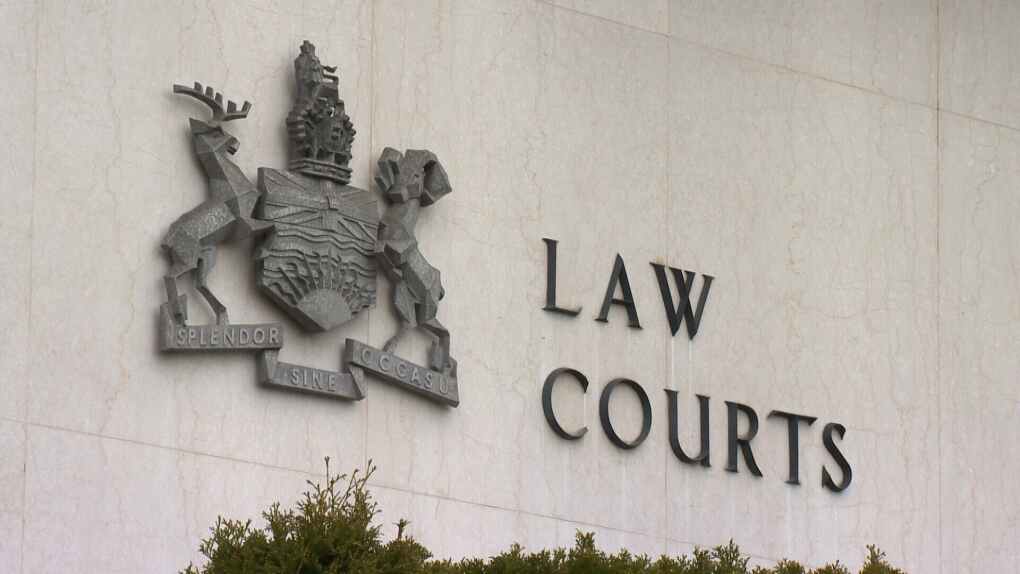
Mounties in Port McNeill violated a suspect’s Charter rights by failing to allow him to contact a lawyer promptly after his 2019 drug trafficking arrest, a judge has ruled.
As a result of the decision, Crown prosecutors cannot rely on evidence gained from the search of two homes in their case against Alexander Morgan Haenisch.
B.C. Supreme Court Justice Robin A. M. Baird issued his voir dire decision in the case on Feb. 28, but it was posted online Friday.
A voir dire is, essentially, a trial within a trial to determine the admissibility of evidence.
According to the decision, Haenisch argued that Port McNeill RCMP officers had violated his rights under both section 9 and section 10 of the Canadian Charter of Rights and Freedoms when they arrested him on Feb. 6, 2019.
Section 9 of the Charter protects the right to be free from arbitrary arrest or detention, and Baird found that police did not violate this section when arresting Haenisch.
Officers had compiled “a compendium of credible, compelling and corroborative evidence showing the accused was probably dial-a-doping,” the judge wrote in his decision. Because of this, there were ample grounds to arrest him without a warrant.
However, once Haenisch was under arrest, police repeatedly violated his section 10 right to legal counsel, the judge found.
Police informed Haenisch of the reason for his arrest and his right to counsel when they first arrested him, according to the decision. He did not ask to make a call at the scene of his arrest, but did tell police that he wished to speak with a lawyer.
When he was brought to the police station, police searched his person and found “16 spitballs of suspected cocaine,” amounting to 10.5 grams, hidden in his underwear, Baird’s decision reads. The judge considered this search incidental to the arrest, and therefore admissible as evidence.
After the search, however, police had an obligation to give him access to counsel, Baird wrote. Instead, Haenisch was held “incommunicado” for almost two hours, something the judge noted was part of the investigating officers’ plan from the start.
Police claimed they held Haenisch in custody to prevent him from destroying evidence and so that they could determine appropriate conditions for his release once search warrants on two properties related to their investigation of him were completed.
While Baird found detaining Haenisch while waiting for the completion of the searches to be justified, he concluded that denying Haenisch the opportunity to speak to a lawyer during that time was not.
“The evidence shows that the police secured both the Beach Drive and Quatsino Crescent residences by no later than 1:30 p.m. on Feb. 6, 2020, approximately 20 minutes after the accused was arrested,” the judge wrote.
“From that time, these alleged crime scenes remained firmly in control of the police, as the paperwork for search warrants was drawn up. If there had ever been any sincere concern about the destruction of evidence, it had definitely lapsed by then.”
Likewise, police had an obligation to notify Haenisch promptly when the searches uncovered a loaded prohibited firearm in a bedroom police believed belonged to him, Baird wrote.
“In these circumstances, with an obvious change in the accused’s exposure to serious penal liability, and especially because he intended to interrogate the accused about the firearm and other evidence discovered during the residential searches, it was incumbent upon Const. Brady promptly to inform the accused of the additional grounds for his arrest and the reason for his ongoing detention, and to advise him anew of his right to retain and instruct counsel without delay,” the judge wrote.
“Instead, Const. Brady left the accused to sit in his cell for almost four hours without advising him of the reason for it or permitting him immediate access to critical legal advice about the new circumstances of his heightened criminal jeopardy. The failure to do this constituted, in my mind, a second serious breach of the accused’s (Charter rights).”
As a result of these breaches, Baird ruled that the evidence obtained during the searches of the homes would not be admissible during Haenisch’s trial.
